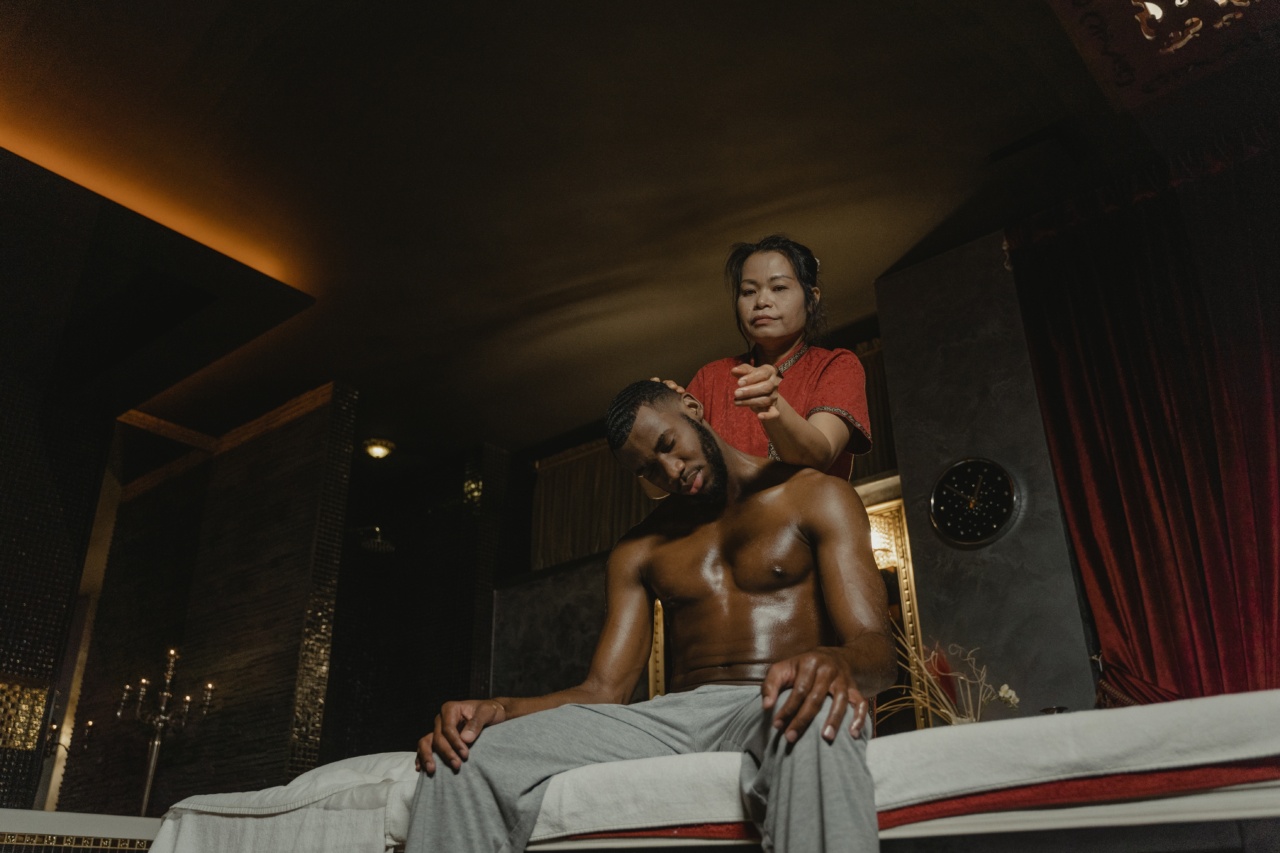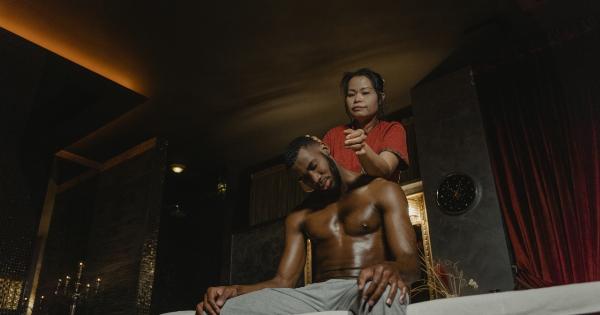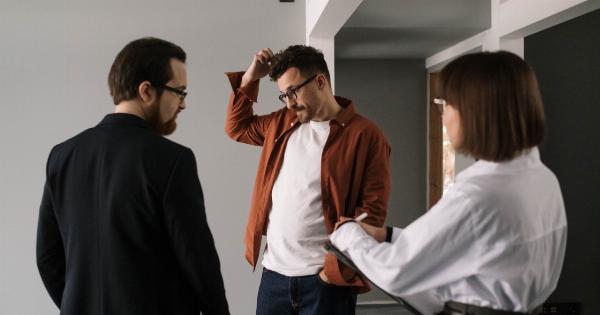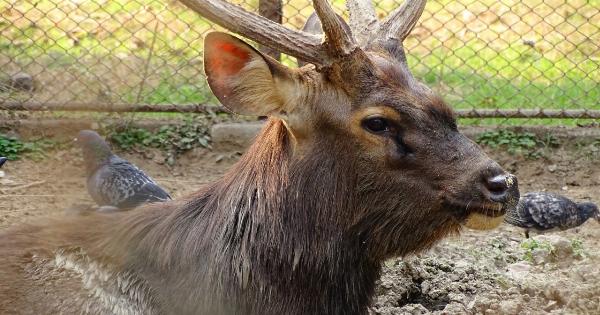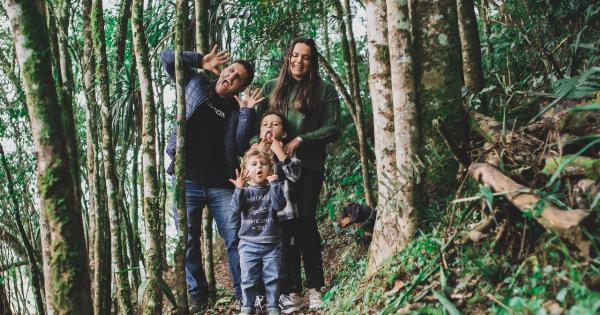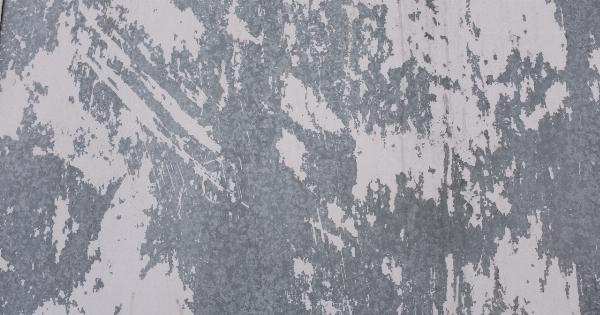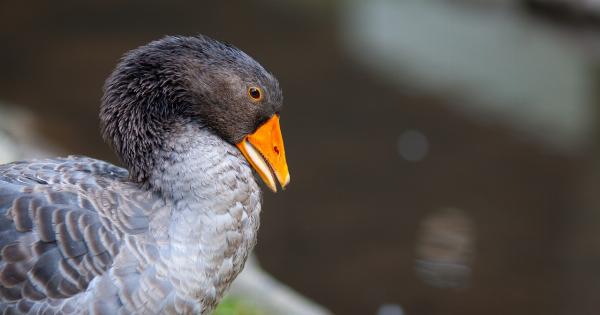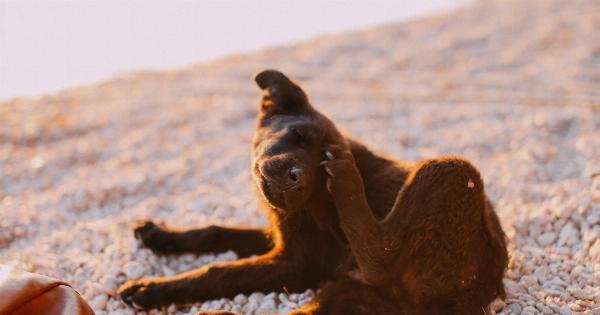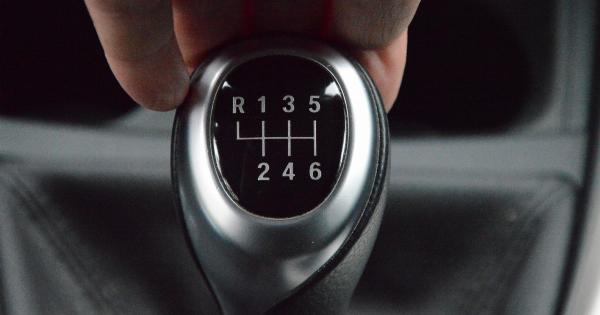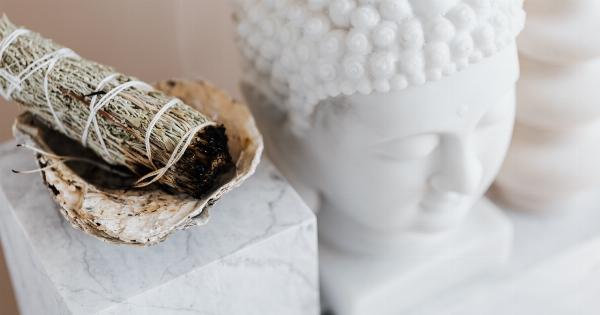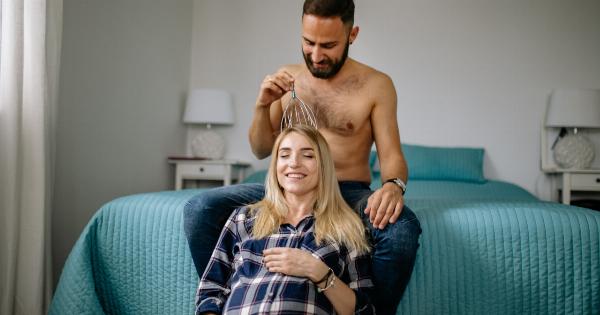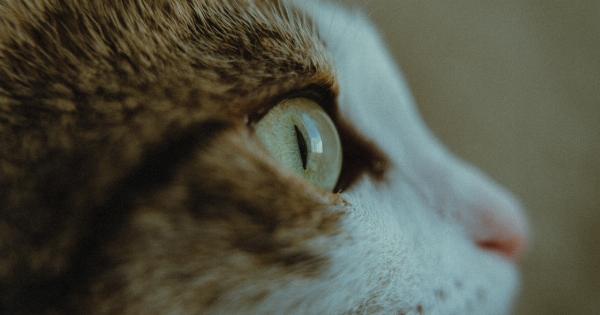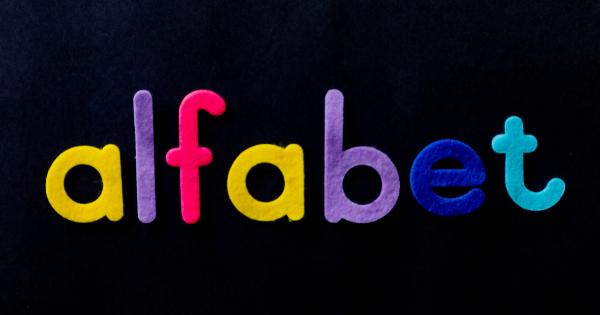Head lice infestation is a common problem that can affect people of all ages, especially children. These tiny insects, about the size of a sesame seed, live on the scalp and feed on blood.
While head lice are not dangerous, they can cause immense discomfort and itching. The good news is that head lice can be eliminated effectively with the right treatment. Here are some top tips to help you get rid of head lice and nits.
1. Identify the Problem
The first step in effective head lice treatment is proper identification. Look for symptoms such as persistent itchiness, scalp irritations, and the presence of nits (lice eggs) on the hair shafts.
Nits are small, oval-shaped, and usually yellow or white in color.
2. Use an Over-the-Counter Treatment
There are several over-the-counter treatments available, such as shampoos, lotions, and sprays, specifically designed to kill head lice. Make sure to carefully read and follow the instructions on the product packaging.
These treatments often contain chemicals like permethrin or pyrethrin, which are known to be effective against lice.
3. Comb the Hair
After using the treatment, it is essential to comb through the hair thoroughly using a fine-toothed lice comb. Wetting the hair can make it easier to separate the strands and remove the nits and lice.
Comb from the roots to the ends, wiping the comb on a tissue or cloth after each stroke. Repeat this process daily for at least a week to ensure all lice and nits are removed.
4. Wash and Vacuum
Wash all bedding, clothes, and towels that have come into contact with the infested person in hot water and dry them on high heat. Vacuum upholstered furniture, carpets, and car seats to get rid of any lice or nits that may have fallen off.
Ensure thorough cleaning to prevent reinfestation.
5. Avoid Sharing Personal Items
Head lice spread easily through direct head-to-head contact or by sharing personal items like hats, combs, and headphones. Teach your children to avoid sharing these items with others to minimize the risk of infestation.
6. Check and Treat Family Members
Since lice can pass from person to person within a family, it is important to check and treat all family members if one person is infested. Even if others do not show any symptoms, it is better to be safe and ensure complete eradication.
7. Natural Remedies
Some people prefer to use natural remedies for head lice treatment. While these options may not have scientific evidence to support their effectiveness, they can still be worth considering.
Examples of natural remedies include smothering the lice with olive oil or using essential oils like tea tree oil, lavender oil, or neem oil.
8. Prevention Tips
Preventing head lice infestation is always better than dealing with it afterward. Encourage your children to keep their hair tied up, especially during close contact activities like sports or sleepovers.
Regularly check your child’s scalp for early signs of lice, especially if there have been reports of lice outbreaks at school.
9. Seek Professional Help
If home treatments and over-the-counter products do not effectively eliminate the head lice infestation, it may be necessary to seek professional help.
Professional lice removal services have experienced staff who can effectively remove all lice and nits using specialized techniques and tools.
10. Educate Others
Spread awareness about head lice and its treatment among your family, friends, and community. By educating others about preventive measures and proper treatment, you contribute to minimizing the spread of head lice infestations.
